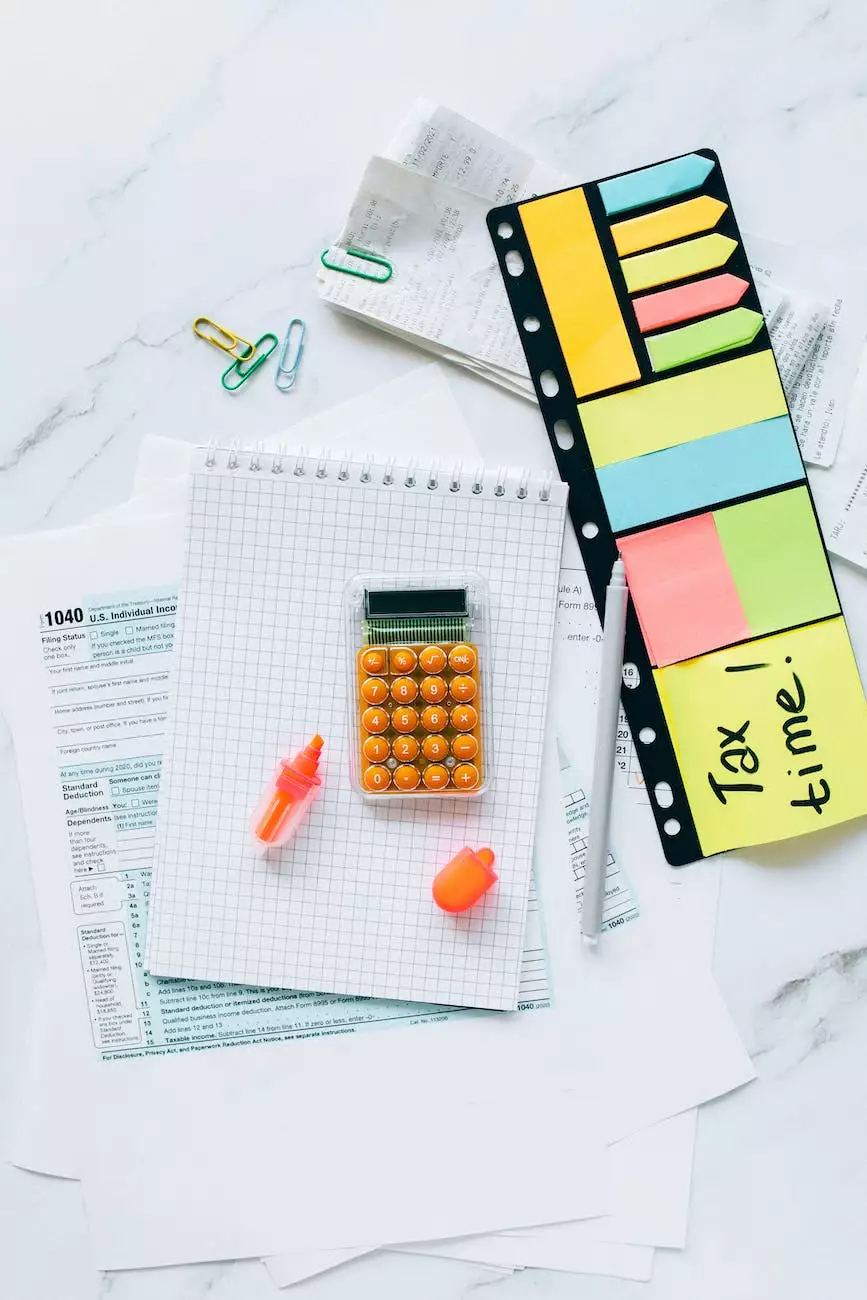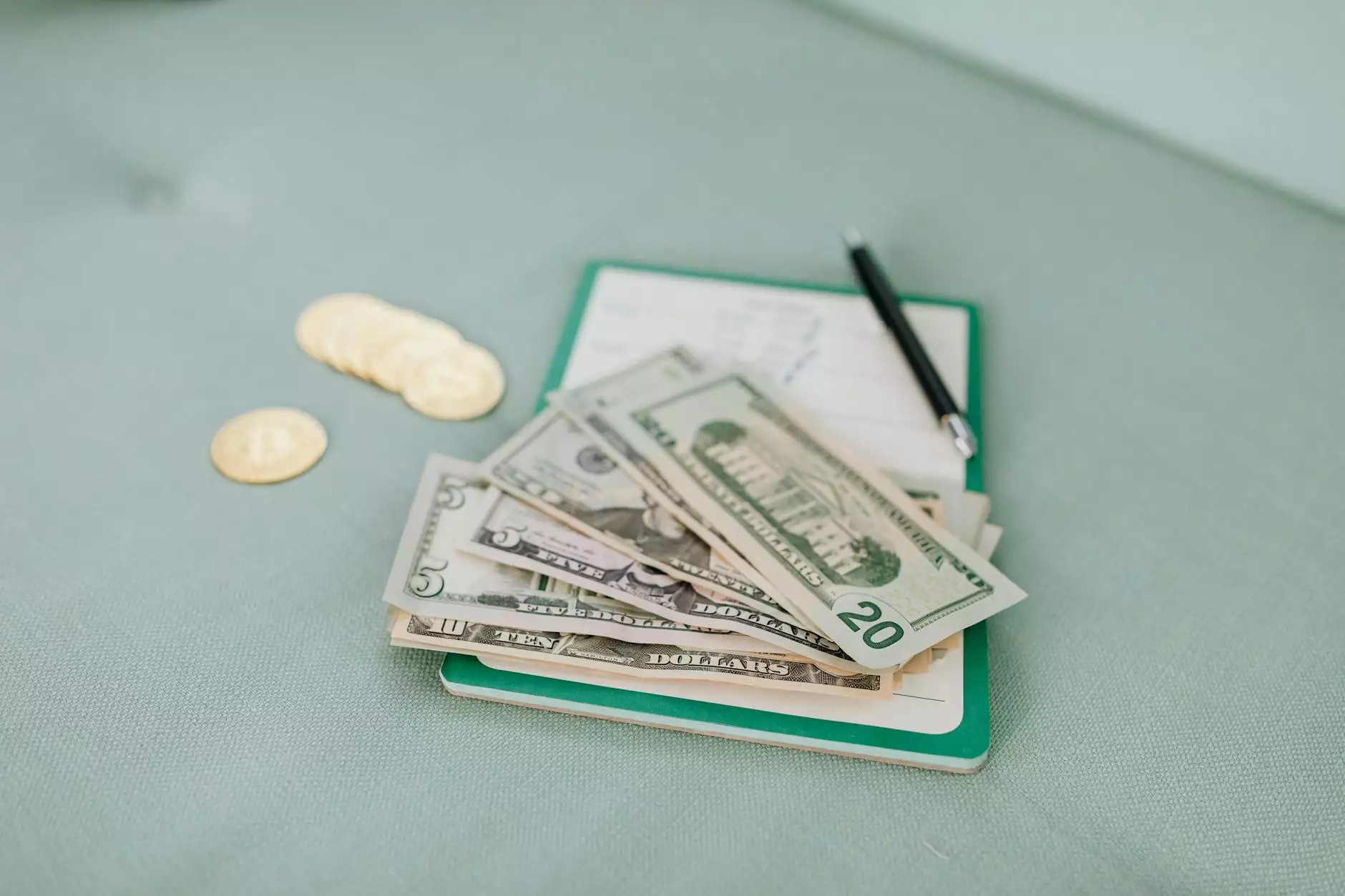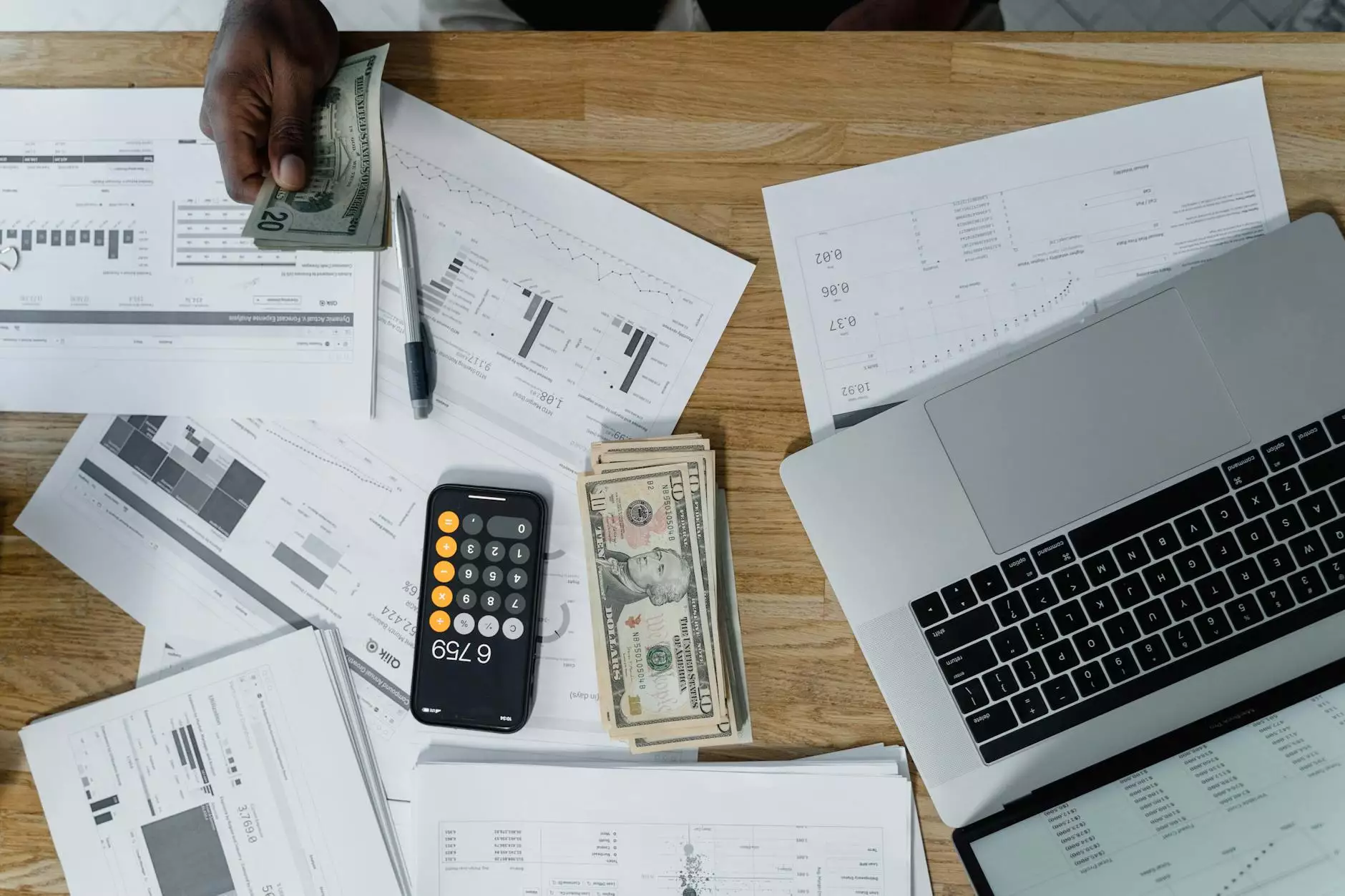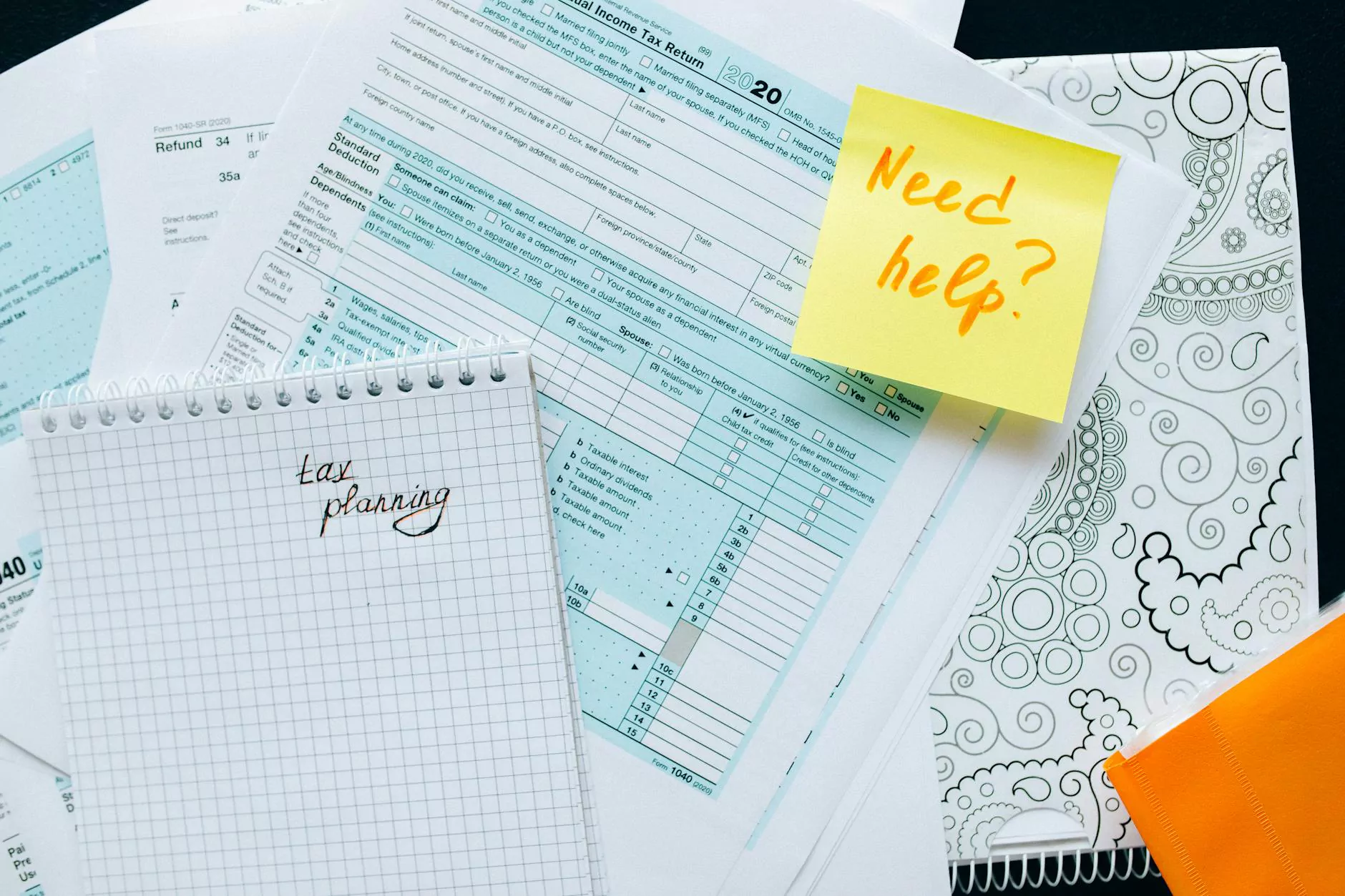How to Protect Your Data When Using Money Apps
Higher Education and Research Infrastructure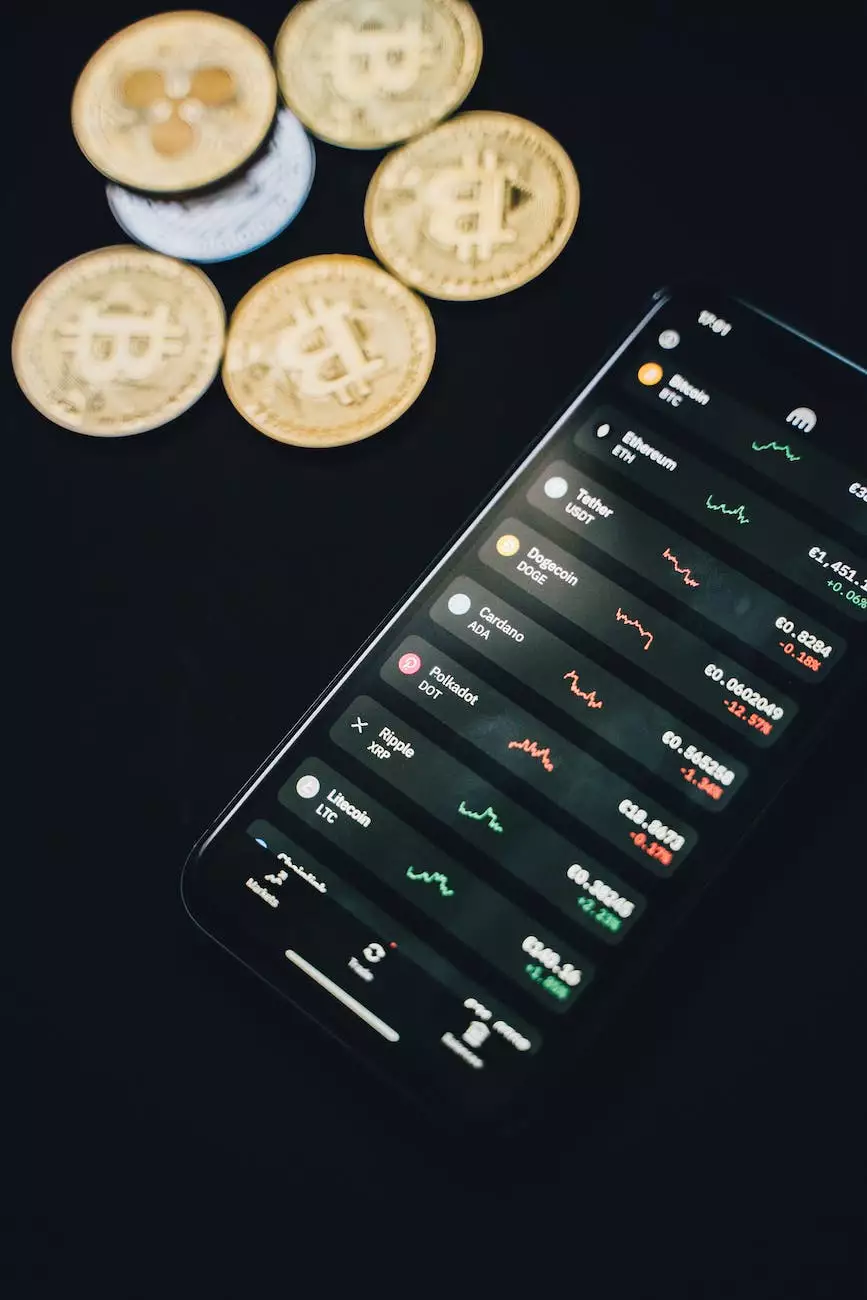
Welcome to Social Service of America's guide on how to protect your data when using money apps. In today's digital age, financial transactions on mobile apps have become increasingly popular and convenient. However, it is crucial to prioritize the security and privacy of your personal information while using these applications.
1. Choose Trusted Money Apps
When it comes to financial matters, it is vital to use trusted money apps from reputable developers. Conduct thorough research and read user reviews before choosing an app. Look for apps with a large user base, positive feedback, and a strong security track record. Always download apps from reputable sources such as official app stores to minimize the risk of downloading malicious software.
2. Update Apps Regularly
Stay up-to-date with the latest versions of your money apps. Developers frequently release updates to enhance security and address any vulnerabilities. Set your apps to automatically update or regularly check for updates manually. By doing so, you can stay protected against the latest security threats.
3. Create Strong and Unique Passwords
Ensure your money app accounts have strong and unique passwords to prevent unauthorized access. Avoid using easily guessable passwords or reusing passwords across multiple platforms. A combination of upper and lowercase letters, numbers, and special characters makes for a strong password. Consider using a trusted password manager to securely store your login credentials.
4. Enable Two-Factor Authentication
Enable two-factor authentication (2FA) when available for your money apps. This extra layer of security requires you to provide a verification code, usually sent to your mobile device, in addition to your password. 2FA adds an additional barrier against unauthorized access, making it more difficult for hackers to breach your account.
5. Be Cautious About Sharing Personal Information
Exercise caution when sharing personal information within money apps. Be wary of requests for sensitive data that seems unnecessary for the app's functionality. Verify the legitimacy and security measures of the app and its developers before providing any personal information beyond what you feel comfortable sharing.
6. Connect to Secure Networks
Avoid using public Wi-Fi networks when conducting financial transactions on money apps. Public networks are often unsecured, making it easier for hackers to intercept your data. Instead, use trusted and secure networks, such as your home Wi-Fi or a trusted mobile data plan, to ensure the confidentiality of your transactions.
7. Regularly Check App Permissions
Periodically review the permissions granted to your money apps. Some apps may request access to unnecessary information or features on your device. Limit the permissions to only essential functions and reconsider any apps that request more access than they require.
8. Beware of Phishing Attempts
Remain vigilant against phishing attempts seeking to gain access to your money app accounts. Be cautious of suspicious emails, messages, or pop-ups that request sensitive information or redirect you to unfamiliar websites. Avoid clicking on suspicious links, and only access your money apps through official and verified sources.
9. Use Biometric Authentication
Utilize the biometric authentication options available on your device, such as fingerprint or facial recognition. Biometrics provide an additional layer of security and make it difficult for unauthorized individuals to gain access to your money apps even if they possess your device or know your password.
10. Check for Encryption
Ensure the money apps you use encrypt your data during transmission and storage. Look for strong encryption protocols such as SSL (Secure Sockets Layer) or TLS (Transport Layer Security). This encryption protects your information from potential eavesdropping or interception by unauthorized parties.
Conclusion
Protecting your data when using money apps is of utmost importance. By following the guidelines provided by Social Service of America, you can safeguard your personal information, ensuring a secure and worry-free financial experience. Remember, prioritizing security and staying informed are key to maintaining your privacy in the digital world.
For more information and resources related to Community and Society - Philanthropy, visit the Social Service of America Blog.
